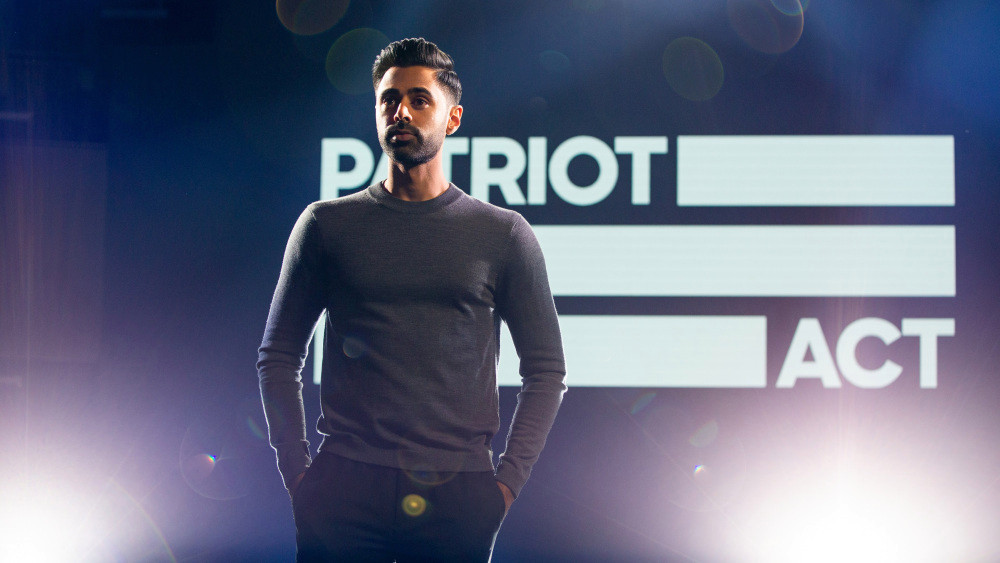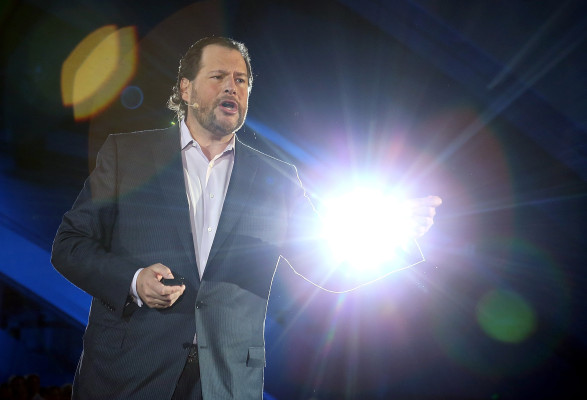By Todd Spangler | Variety
Netflix disclosed for the first time the movies and TV shows it has pulled from its streaming service at the behest of governments, as part of a new transparency report.
The nine titles, which Netflix removed between 2015-2020, include a single episode of “Patriot Act With Hasan Minhaj” pulled in Saudi Arabia after the government demanded removal of the segment that was critical of the regime. The company said the nine cases are the only times it has ever yanked content because of censorship demands since it began streaming in 2007.
Other titles purged by Netflix in individual countries include five in Singapore alone: “The Last Hangover,” “The Last Temptation of Christ,” “Cooking on High,” “The Legend of 420” and “Disjointed.” In 2017, Netflix pulled George Romero’s horror classic “Night of the Living Dead” in Germany; the film is banned in the country.
“We offer creators the ability to reach audiences all around the world,” Netflix says in the newly released 2019 Environmental Social Governance report, which is similar to transparency disclosures from other internet companies. “In some cases we’ve also been forced to remove specific titles or episodes of titles in specific countries due to government takedown demands.” The company plans to release info on government-mandated removals on an annual basis.
Netflix CEO Reed Hastings last fall addressed the controversy over “Patriot Act,” in which the Saudi government demanded the company remove an episode in which Minhaj criticized Crown Prince Mohammed bin Salman (aka MBS) and the regime’s role in the murder of dissident journalist Jamal Khashoggi. “We’re not in the news business,” Hastings said at the New York Times’ DealBook conference. “We’re not trying to do ‘truth to power.’ We’re trying to entertain… We don’t feel bad about [pulling the ‘Patriot Act’ episode in Saudi Arabia] at all.”
In a subsequent appearance, Netflix content chief Ted Sarandos tried to clarify his boss’s remarks, saying, “I think all entertainment is truth to power – all creative expression is truth to power. Stand-up comedy is certainly truth to power. A lot of great films have changed the course of history.”
Netflix has challenged some attempts to force it to remove content. For example, a Brazilian judge in January ordered the streamer to take down “The First Temptation of Christ,” a comedy from Brazilian comedy group Porta dos Fundos in which Jesus is depicted as a gay man. The company appealed the ruling in a petition to Brazil’s Supreme Court — which overturned the ban and said the satire could remain on Netflix.
Here are the TV shows and movies Netflix said it has removed over the last five years, as of February 2020:
2020: “The Last Hangover,” a Netflix original special from Brazil’s Porta dos Fundos in which Jesus’s disciples wake up after a Last Supper raging party, removed in Singapore after a written demand from the Singapore Infocomm Media Development Authority (IMDA).
2019: One episode of “Patriot Act with Hasan Minhaj” (“Saudi Arabia”) removed in Saudi Arabia after a written demand from the Saudi Communication and Information Technology Commission.
2019: “The Last Temptation of Christ,” which is banned in Singapore, removed in the country after written demand from the IMDA.
2018: “Cooking on High,” “The Legend of 420” and “Disjointed” removed in Singapore after demand from the IMDA.
2017: “Full Metal Jacket” removed in Vietnam after a written demand from the Vietnamese Authority of Broadcasting and Electronic Information (ABEI).
2017: “Night of the Living Dead,” which is banned in Germany, removed in the country after a written demand from the German Commission for Youth Protection (KJM).
2015: “The Bridge,” a documentary film about suicide attempts on San Francisco’s Golden Gate Bridge that is classified as “objectionable” in New Zealand, removed from the country after a written demand from the New Zealand Film and Video Labeling Body.
Netflix said it will publish a report each year covering its environmental, social, and governance (ESG) performance, using the Sustainability Accounting Standards Board (SASB) framework as a benchmark.










